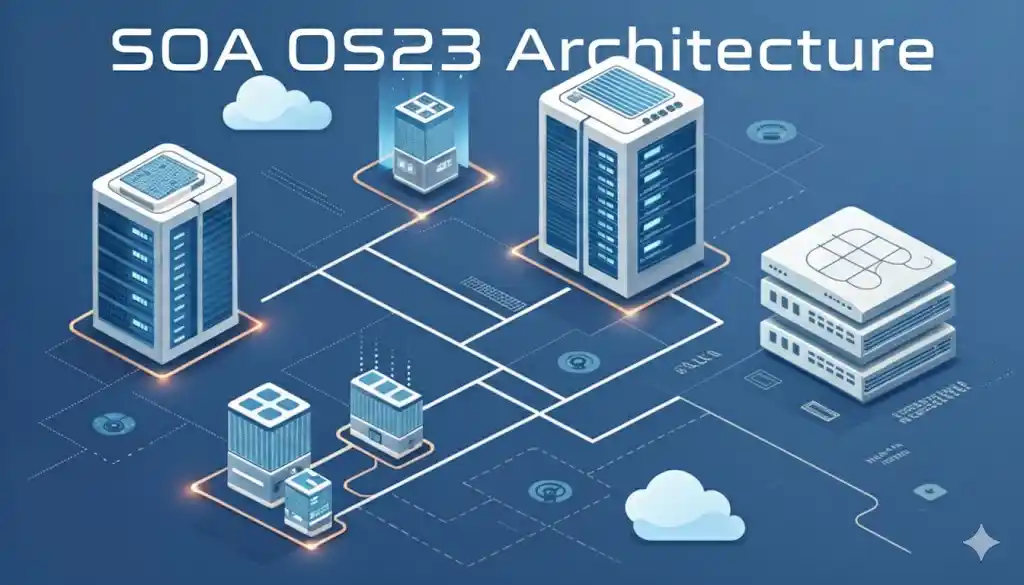UK Immigration Law in 2025: Things You Should Know About

Introduction:
Many new UK immigration regulations will affect people and businesses in 2025 when the UK alters its laws following Brexit. UK immigration law today adapts to economic, workforce, international, and local political developments. From immigration routes and points-based systems to settlement paths and compliance duties, these changes affect everything.
If you wish to work, study, invest, or visit relatives in the UK, you must know about these legal changes. This article discusses the key UK immigration law developments of 2025 and their effects on applicants and sponsors.
Evolving Points-Based UK Immigration System:
The UK’s points-based immigration system, which was originally put in place in 2020, has been greatly improved in 2025 to better meet the country’s economic demands. The system still looks at skills, credentials, and wage levels, but the government has made changes to make it easier to hire people in fields that are short on workers. For example, the Shortage Occupation List now has more healthcare, construction, and tech jobs since new job categories have been created.
Also, points for age, experience, and education have been changed to better fit the needs of the economy after the epidemic. These measures are meant to find a middle ground between limiting immigration and keeping the UK competitive on the world stage. Immigration lawyer Manchester can provide you better knowledge and can make your immigration process easy.
Changes to Skilled Worker Visa Requirements:
The Skilled Worker visa is still one of the most important parts of the UK’s work immigration system. But in 2025, there have been big revisions to the requirements for income levels and sponsor licenses. The minimum pay level has gone up to keep up with inflation and the cost of living, notably in London and other regions where demand is strong.
Employers also have to pass tighter compliance inspections and show that they are committed to fair employment standards. The government has stepped up its enforcement of worker rights in response to growing concerns about exploitation. Sponsors must now provide clear employment contracts and enough support for sponsored workers. These changes make sure that the Skilled Worker route still serves its two main purposes: to safeguard both companies and people.
Expansion of the Graduate and High Potential Individual Routes:
The Graduate visa route was created so that overseas students may stay and work after they graduated. It has since been extended for several schools and academic fields. The stay duration has been extended for STEM graduates, for example, giving them more time to find a job that fits their skills. At the same time, the High Potential Individual (HPI) pathway has grown in scope and currently accepts more foreign colleges and degrees.
The goal of this reform is to bring in talented people from throughout the world, especially from developing economies, and give them a quick way to get into the UK employment market. These channels are very important for keeping the UK’s image as a good place for talented and educated people to live.
Family and Spouse Visa Policy Revisions:
Many people are still worried about family UK immigration, and in 2025, there were some revisions to the spouse and partner visa categories. The rise in the minimum income needed to sponsor a spouse is one of the changes that has gotten the most attention, with both supporters and opponents speaking out.
The government says this would make people less dependent on the government and minimise the cost on the public, but advocacy organisations say it might hurt lower-income families more than others.
Also, there is now more of a focus on making sure that relationships are real, and the application process requires greater proof of this. People in long-term civil unions or raising children together in the UK can now be a little more flexible at the same time.
Revisions to Asylum and Refugee Policies:
Now, applicants are screened and decided on more quickly, but some people say this might hurt fairness and access to legal assistance. Meanwhile, safe and legal ways to move have grown, especially for those who are leaving war-torn areas or areas threatened by climate change.
There are still severe eligibility requirements, and human rights groups are still looking into how these rules affect those who are vulnerable and need protection.
Student Visa and Dependent Restrictions:
The UK’s student visa system is still a vital way for people from other countries to get there, but in 2025 there will be new rules, notably for dependents. The government has made it harder for overseas students to bring family members with them unless they are in a postgraduate research program. This is to try to keep net migration numbers in check.
This action has caused institutions to argue because they are worried it would make the UK less appealing as a place to study. Also, students now have to prove that they can take care of their money better, which is a sign of the greater cost of living. However, there are plenty of job options after graduation, especially for people who want to work in fields that are in great demand.
Stricter Compliance and Sponsor Licensing:
In 2025, the UK Visas and UK immigration (UKVI) made sponsorship duties harsher by requiring sponsors to do more audits and report in real time. Businesses and schools must now use digital reporting tools to show that they are still following immigration requirements. These platforms keep track of absences, changes in employment terms, and visa expirations.
If you don’t follow the rules, you might face huge penalties, having your licence suspended, or even going to jail. These changes show that the administration is serious about making the immigration system less abusive while still holding sponsors accountable for the people they bring into the country. Because of this, lawyers and compliance officers are becoming more and more vital to immigration strategy.
The Role of Digitalization and Biometric Technology:
In 2025, digital innovation is still changing how UK immigration works. The deployment of eVisas is almost done. The Home Office has also set up a centralised immigration dashboard where migrants and sponsors can keep track of their applications, make changes to their information, and talk to authorities.
These technologies may make things go more smoothly, but there are still worries about privacy, data security, and access for people who aren’t good with technology. However, digital change is becoming an important part of the future of UK immigration.
Legal Aid and Access to Representation:
Because the UK immigration system is getting more complicated, having an immigration lawyer is even more important in 2025. But access to legal assistance is still not equal, especially for low-income families and people seeking refuge. Some progress has been made in making more people eligible for legal assistance, but many law firms and nonprofits are still worried about finances.
At the same time, AI-based immigration tools and online legal help services are becoming more prevalent and giving cheaper options. It takes a lot of skill to handle appeals, administrative reviews, and court reviews, therefore candidates should always look for experienced legal help.
Conclusion:
The year 2025 is a very important time for the development of UK immigration law. Migrants and sponsors both need to keep aware and ready when policies change to meet economic needs, political pressures, and global challenges.
The revisions made this year, such as revisions to visa categories and salary limits, as well as major upgrades to compliance and digital infrastructure, show that the UK is trying to modernise its UK immigration system while keeping a balance between control and openness.








